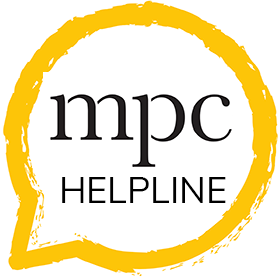About cluttering
Characteristics
Cluttering is the term used to describe a speech pattern that is perceived as being too fast, too irregular or jerky, or both, and is accompanied by:
- excessive repetition of whole words or phrases so that conversation becomes hard to follow
- inconsistent deletion of syllables in a word, especially longer words (i.e. “puter” for “computer”), not associated with phonological processes
- pauses in unusual places
- unusual rhythm and syllable stress
- words that are blurred together (i.e. “incredible” = “incrible”)
Other features which add to an impression that speech is cluttered are:
- disorganised expressive language
- other speech sound or language errors
- little or no awareness of difficulty (a young person may be aware that people often tell them to slow down or not mumble, but they do not understand why people say this)
People who clutter may also have:
- messy handwriting
- learning difficulties not related to intelligence
- difficulties with attention
- auditory perceptual difficulties
People who clutter typically have reduced intelligibility. On referral people will often be described as speaking too quickly or being difficult to understand.
Facts
- often co-exists with stammering (an estimated 1/3 of people who stammer also have features of cluttering, Ward, 2006)
- less is known about cause and treatment effectiveness
- genetic factors are possibly involved, as with stammering
- underlying language disorganisation or speech regulation difficulty possibly involved
- more common in males than females
- may co-occur with Autism, ADHD, Tourettes or Learning Disabilities, but not all individuals who clutter have associated difficulties
Find out more
Stamma: https://stamma.org/about-stammering/variations-complications
SFA: https://stutteringhelp.org/cluttering
Too Fast for Words: http://toofastforwords.com
Internal Cluttering Online Conference 2010: http://www.mnsu.edu/comdis/ica1/icacon1.html
International Cluttering Association (ICA): ICA website (google.com)
What to do
- refer to local speech and language therapy, or the MPC if the client / parents are concerned

Sometimes you just need someone to talk to


Sometimes you just need someone to talk to
Our Helpline, 020 3316 8100, is open during office hours (9am-5pm) and voicemail messages can be left when the office is closed.
“This training met my expectations and I now have an increased knowledge of theory and improved knowledge of PCI practice, therapist skills, structure of sessions and strategies.”
Become a Friend
Receive emails with news and information about the Centre's work, events, and fundraising.
Sign up